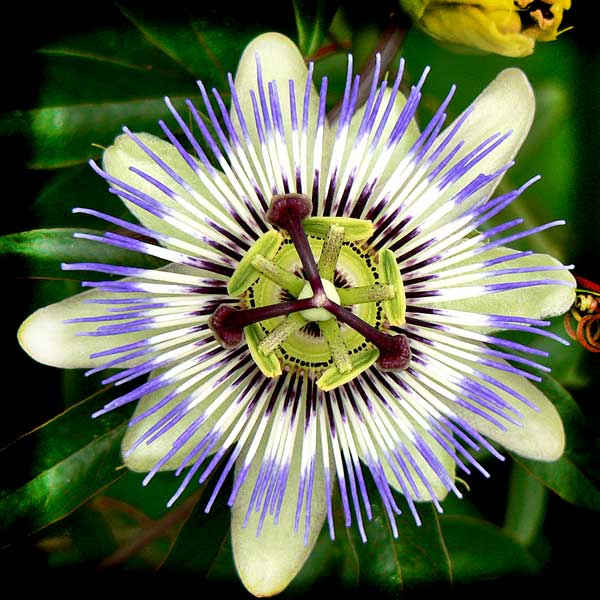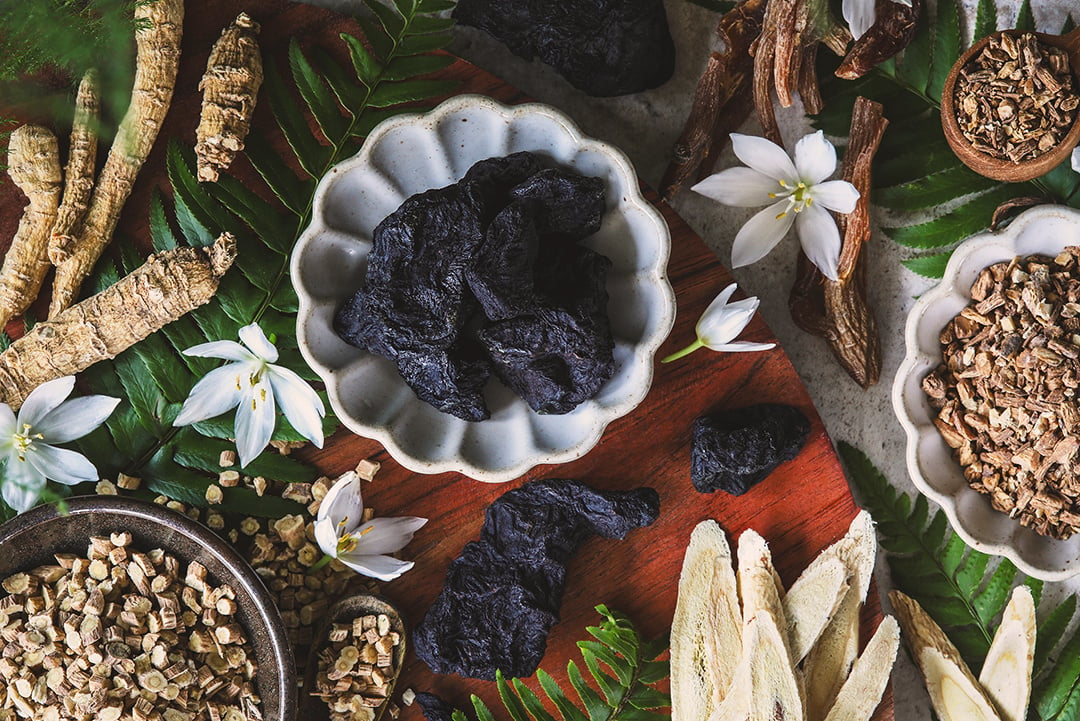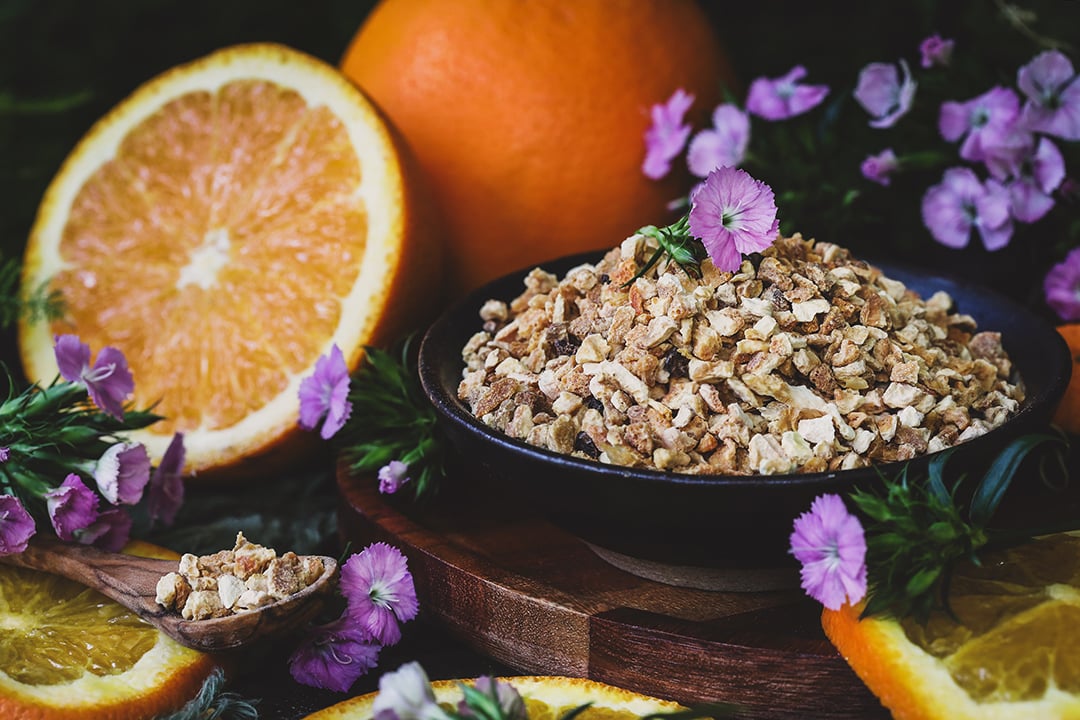Herbal medicine is found around the world and is still used by many societies as a primary form of healthcare. Both Western Herbal Medicine and Chinese Medicine (CM) utilize herbs to maintain vitality, but their philosophies and classifications differ significantly. In Western herbal medicine, tonics are herbs used to tone and strengthen the body. In CM, however, tonic, or more accurately, "supplementing” herbs serve a broader function, working to balance the body's vital energies, including qi, blood, yin, and yang. This article will clarify the distinctions between Western tonics and CM supplementing herbs, providing a deeper understanding of their unique roles. It will also explore five key Chinese supplementing herbs.
Thomas Avery Garran, PhD - Guest Writer

Thomas Avery Garran, PhD, is an herbalist, author, translator, scholar, and educator who has been studying botanical medicine for over 30 years. He holds a PhD in Chinese Materia Medica Studies from the China Academy of Chinese Medical Sciences in Beijing, China. Dr. Garran is widely published, and is the author and/or translator of four books including Western Herbs in Chinese Medicine, Western Herbs According to Chinese Medicine: A Practitioner’s Guide, and Chinese Herb Cultivation: Daodi Practices for Growing and Processing Chinese Herbs. His recent work focuses on daodi (local) herbs and agriculture, and bringing his nearly 16 years of living, farming, and studying in China back to the U.S. as the president of Herb Whisperer, Inc. (www.herb-whisperer.com) and executive director of the East West School of Herbology with his wife, Holly, building their botanical sanctuary and learning center in Western Massachusetts.
Recent Posts
Posted by
Thomas Avery Garran, PhD - Guest Writer

Welcome! Today, hopefully, you will learn something new about the fruit of the bitter orange tree, which originates in Asia but has been part of “Western” herbal medicine for around 1,000 years. Perhaps better known, at least in some circles, for the production of essential oil from its flowers, the fruit of this tree is considered a very important herb in Chinese medicine. Western herbal medicine, however, has never seen it as a significant herb. As the acclaimed Eclectic physician Harvey Wilks Felter stated in 1922, “[It is] stimulant, carminative and tonic, but [it is] used chiefly as a flavoring agent.”
Read More
Posted by
Thomas Avery Garran, PhD - Guest Writer












